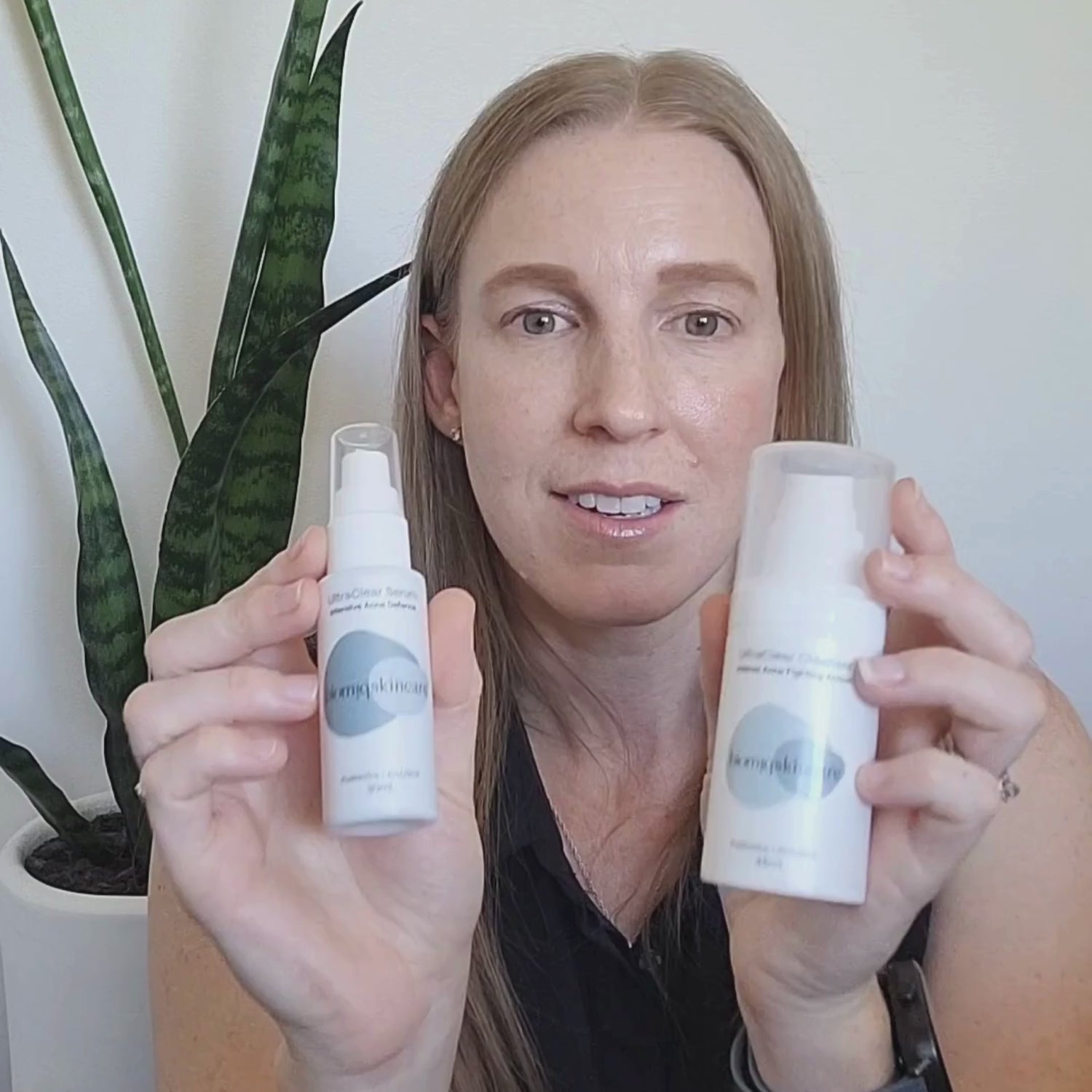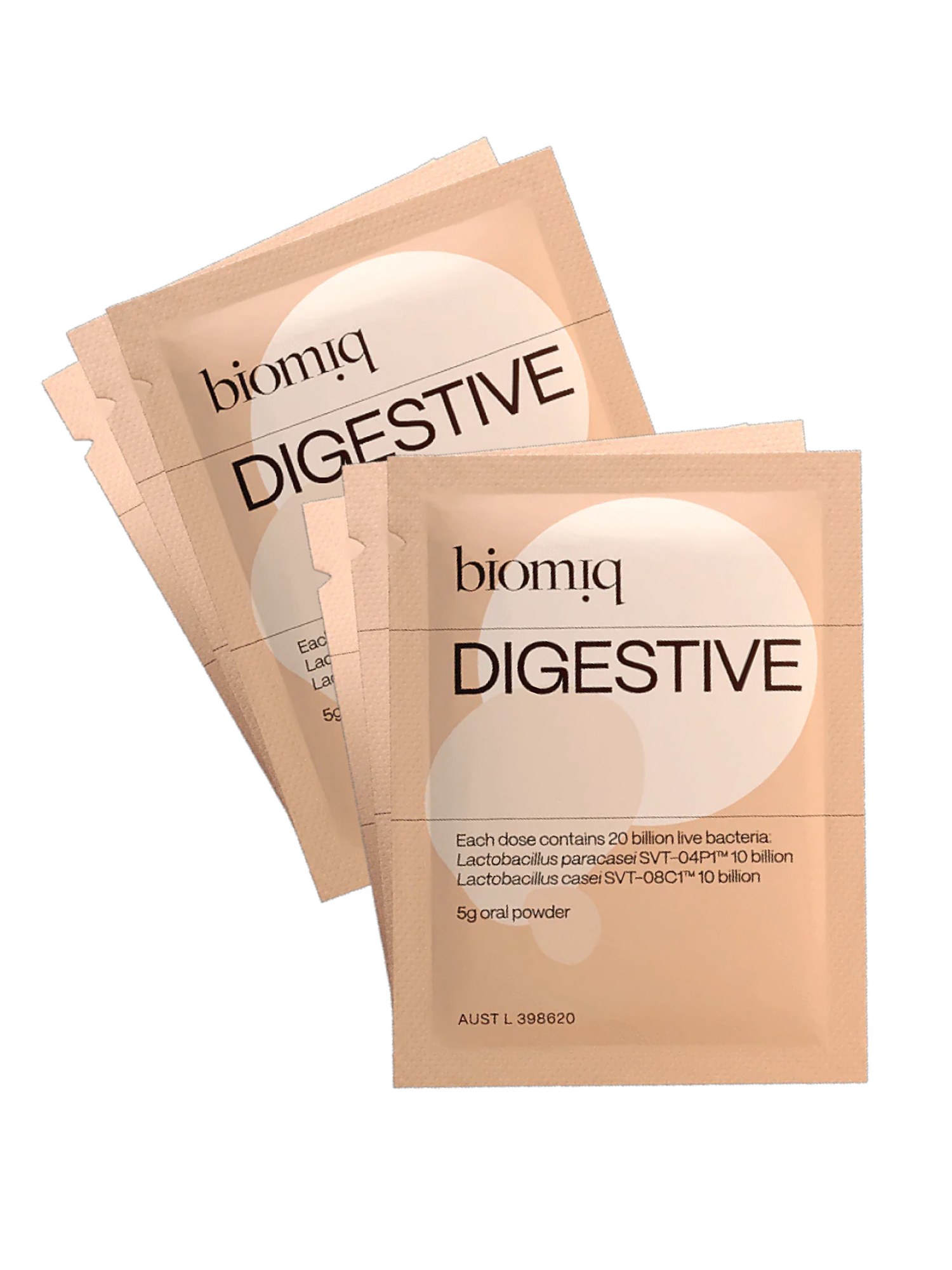Acne can have a lot of underlying causes.
such as hormones, diet, excessive use of make-up and cosmetic products, and/or immune system issues. However, in this blog we will be discussing specifically the role that the skin microbiome plays in the progression, development and treatment of acne.
- Regular price
-
$74.99 - Regular price
-
$94.98 - Sale price
-
$74.99
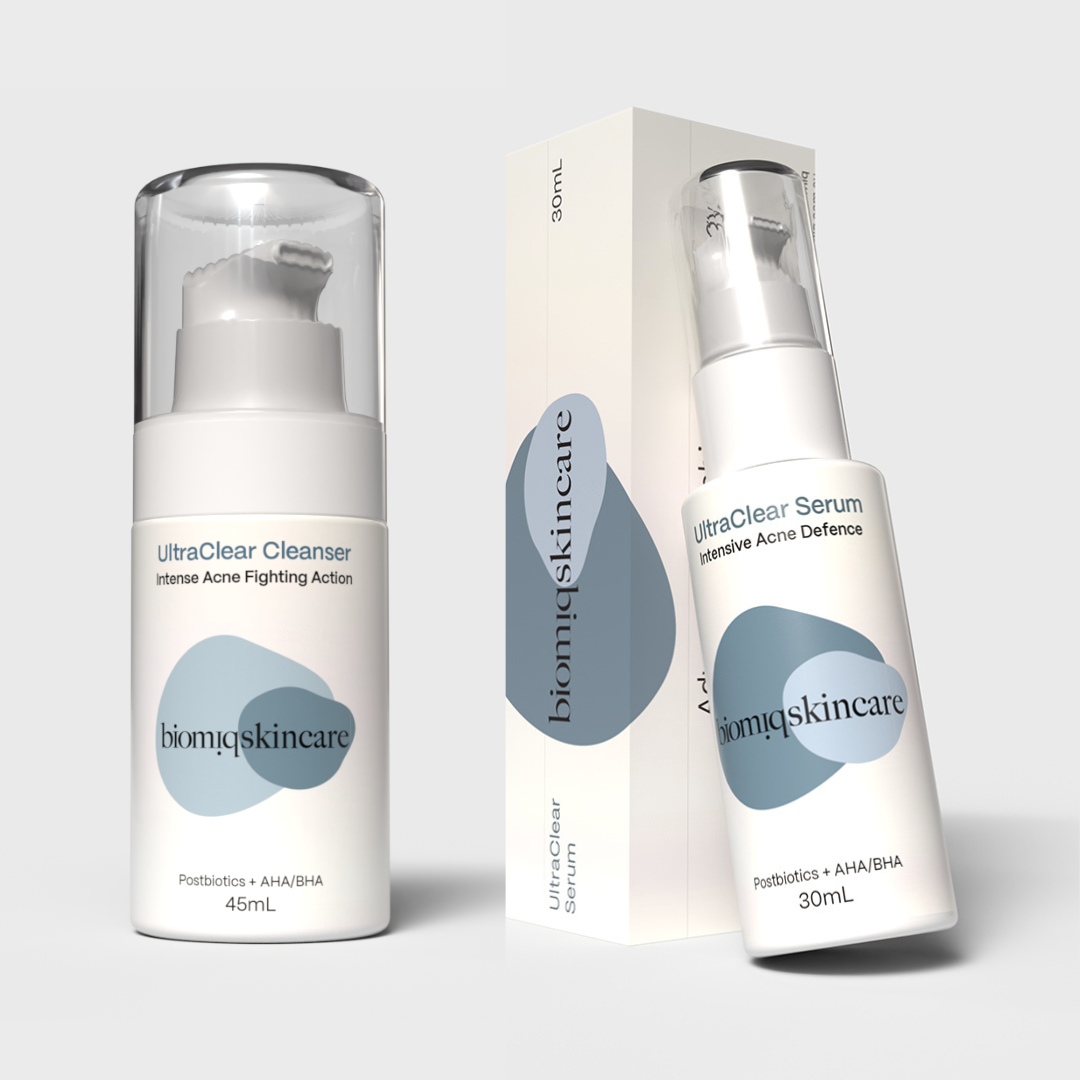
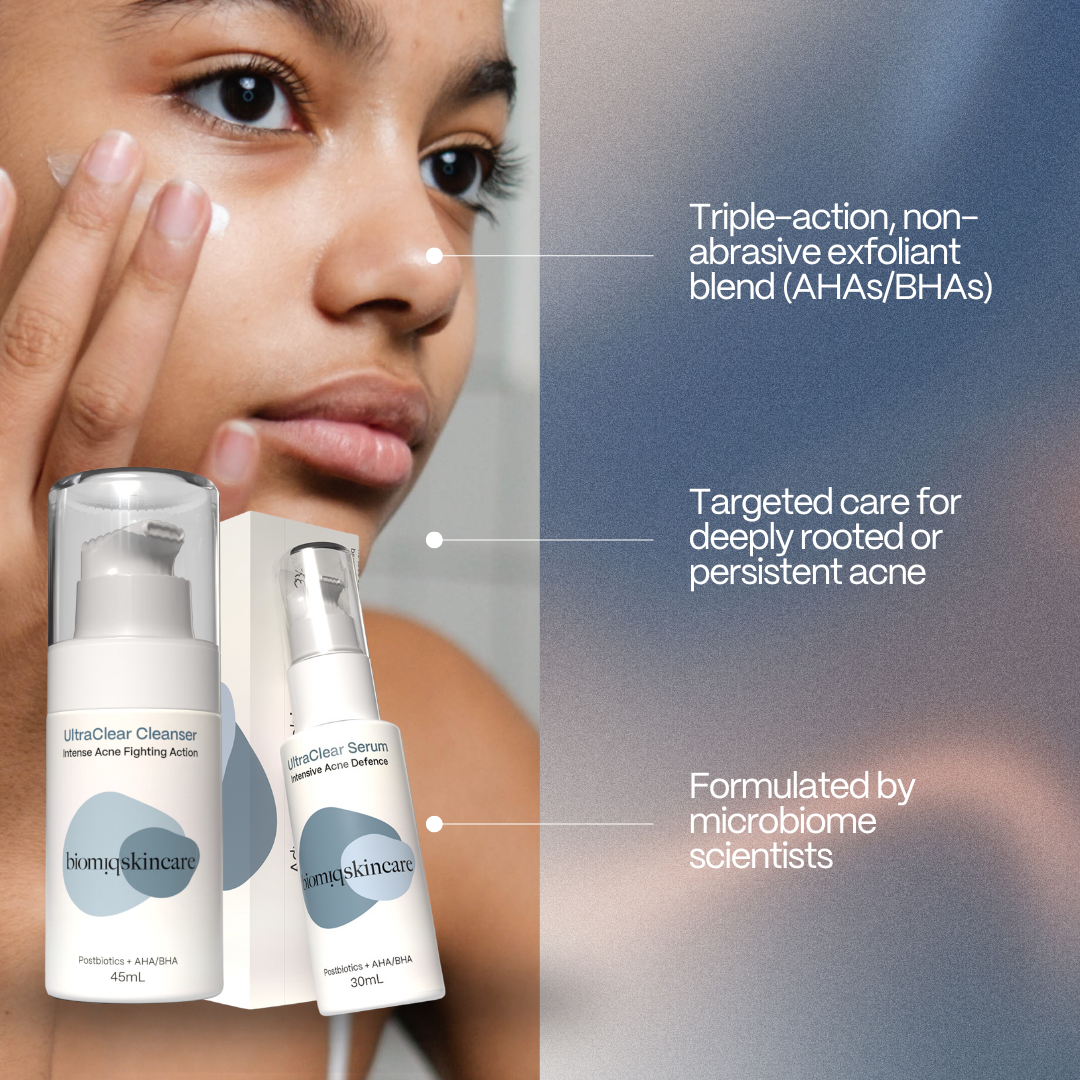
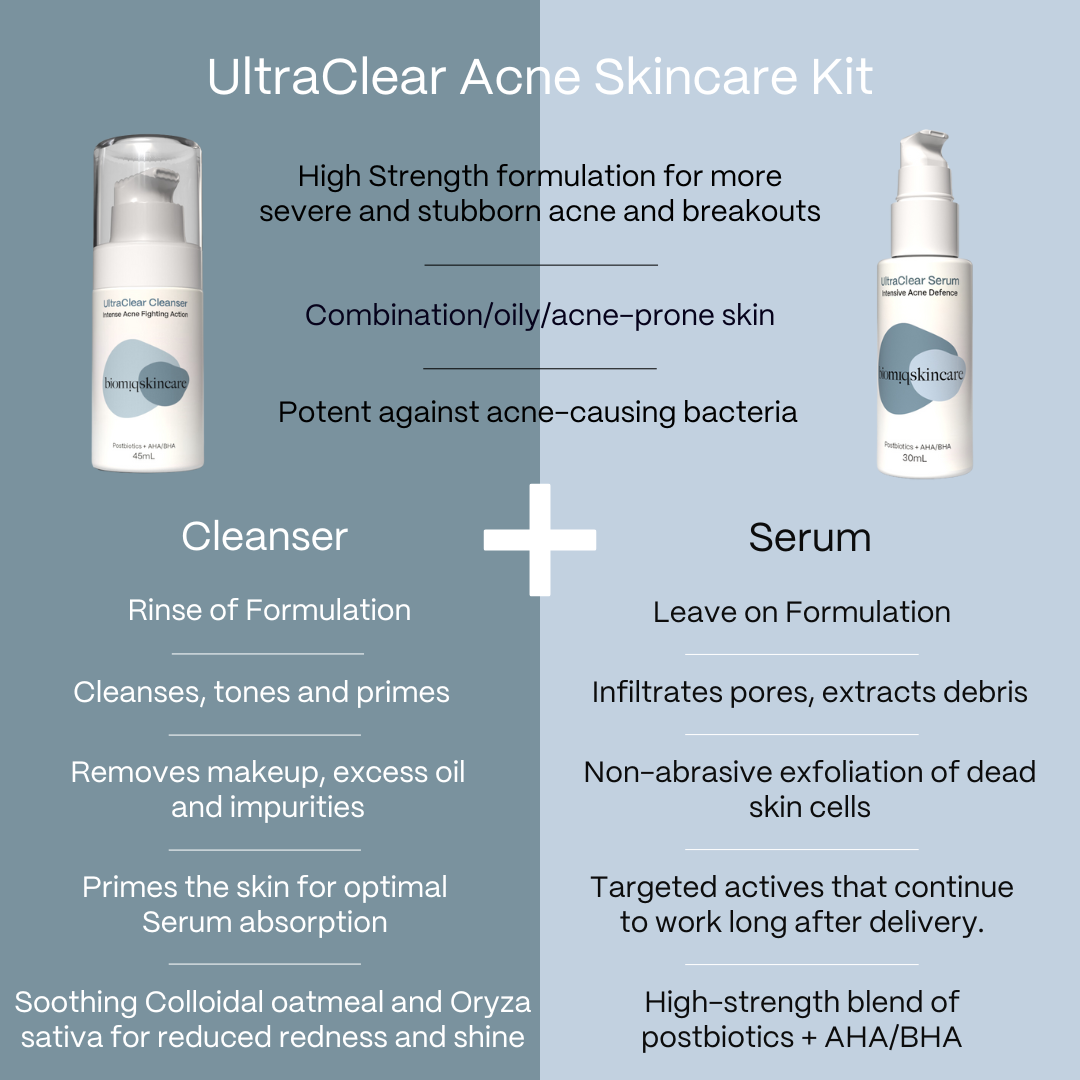
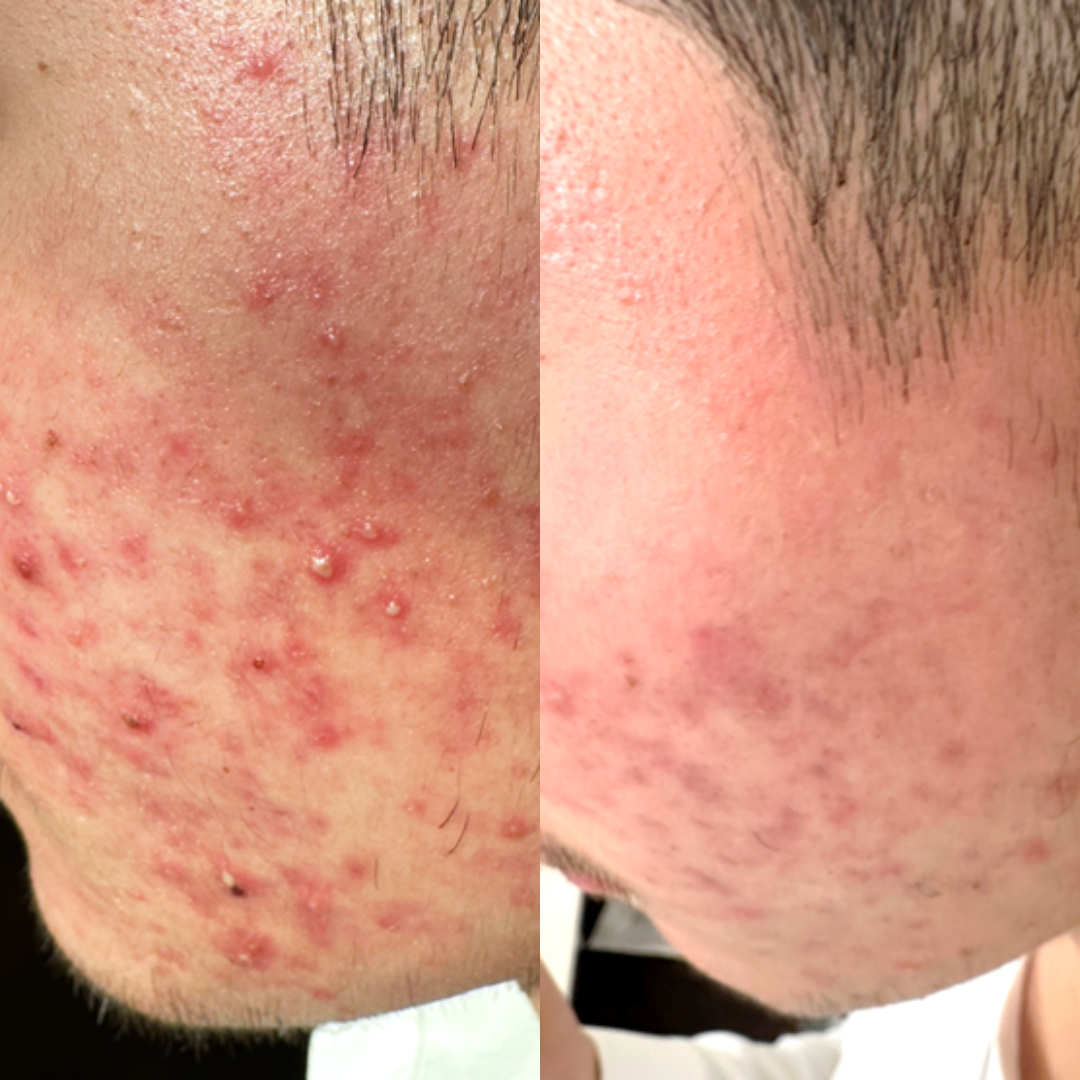
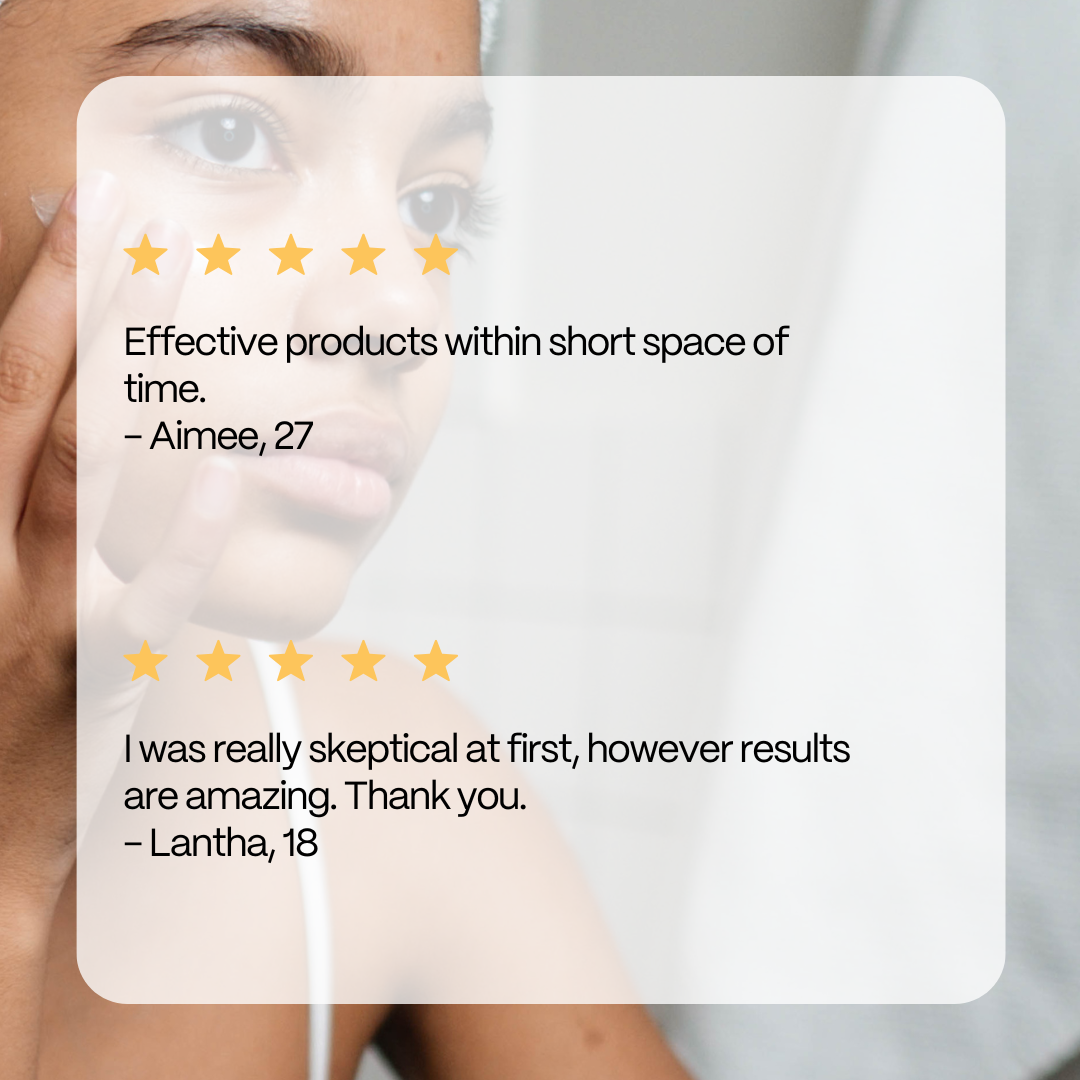
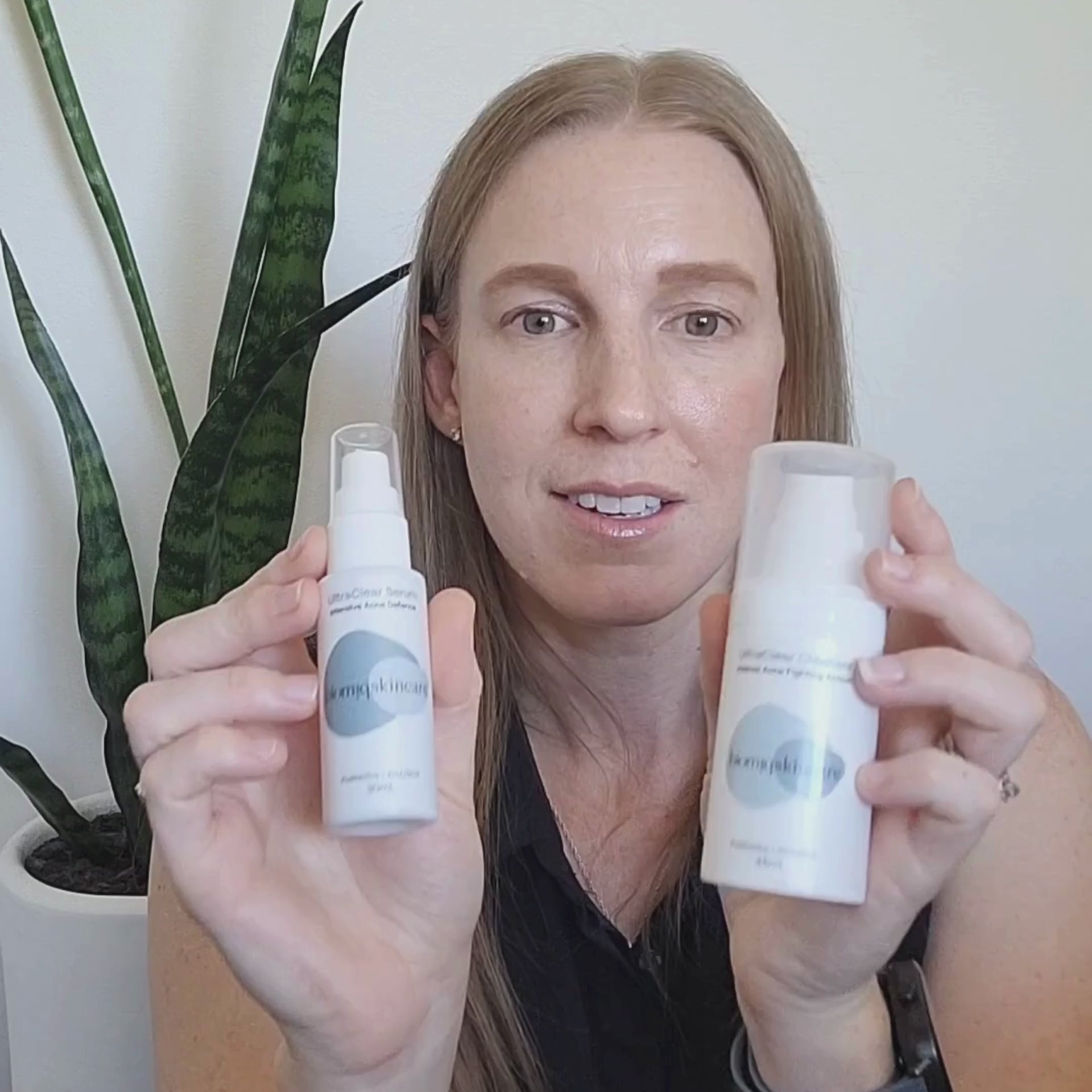
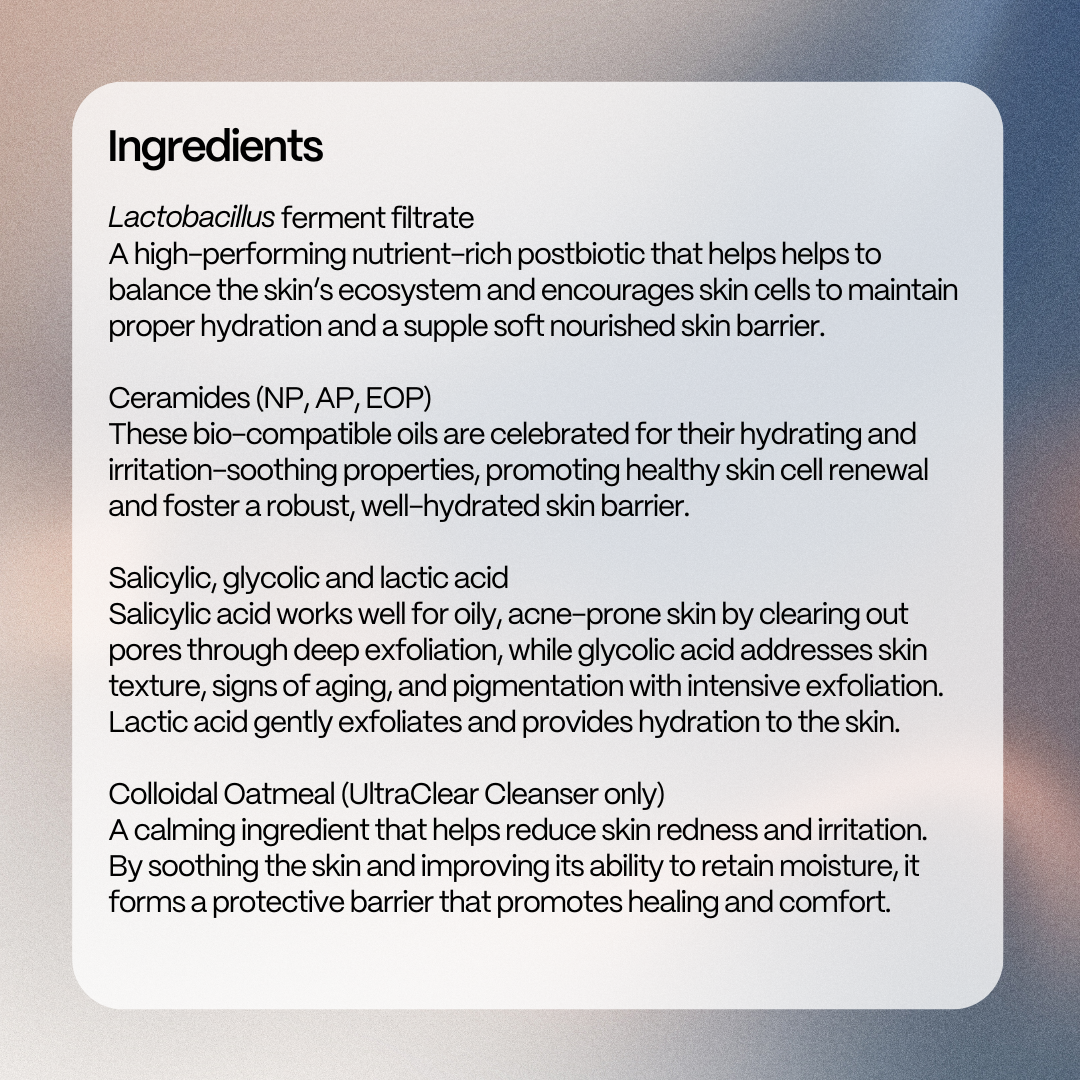
Firstly, it’s important to know what the skin microbiome is.
The ‘skin microbiome’ refers to a community of tiny, microscopic organisms that live on the surface of your skin. It might sound gross, but this layer of microbes on your skin are actually really important and beneficial for your skin’s health. Unfortunately, skin issues such as acne, can arise when your skin microbiome is damaged or disturbed.
Scientific studies on the skin microbiome have revealed that individuals with acne do tend to have disrupted or imbalanced skin microbiomes compared to people without acne. For example, in 2013, researchers found that individuals with acne had distinctly different microbiomes from people without acne, and they found an increase in some specific bacterial species, such as Propionibacterium acnes (now known as Cutibacterium acnes).
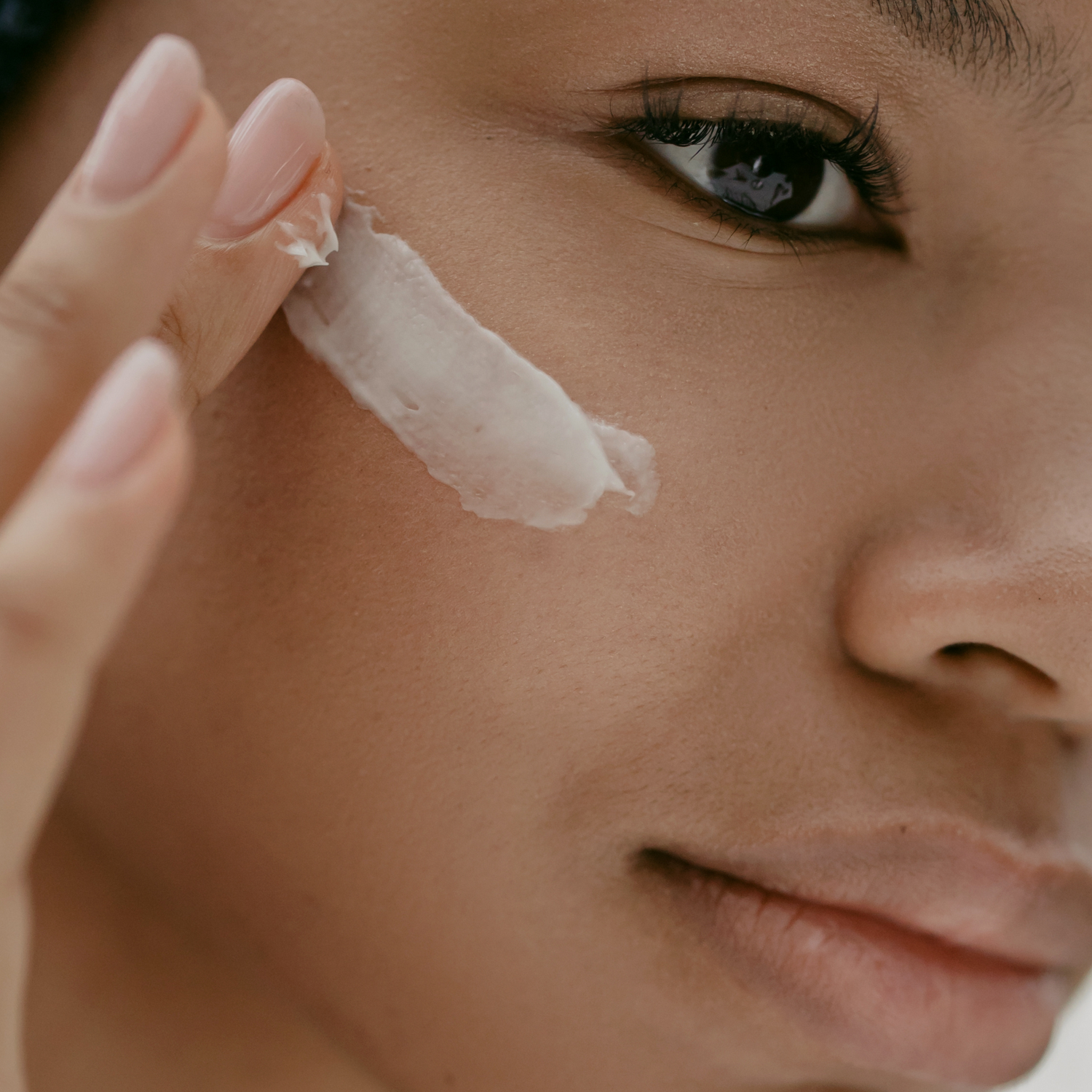
Acne-affected areas of the skin also tend to have a higher amount of C. acnes compared to non-affected areas, and the skin microbiome of people suffering from acne also tend to have a much reduced diversity of microbial species compared to those with ‘healthy’ skin.
This new research is big news for the skin and beauty industry! Because up until rather recently, the main way to combat problematic skin issues, like acne, was to use harsh and abrasive methods or layer the skin in chemicals, further damaging the skin microbiome and only temporarily fixing the symptoms of the issue.
As a result, acne usually comes back with a vengeance once the products ceased to be used, because the underlying cause of the problem was not corrected, only the symptoms were being treated.
How does this knowledge change the way I should approach my skincare?
Fortunately, now things are changing. Instead of working on scrubbing, eradicating, and effectively sterilizing our skin, science tells us that instead we should be working to nourish and support our skin microbiome to allow it to return to an optimal state.
This obviously requires a whole new approach to how skin care products are formulated and what ingredients should be used!
Understanding the role of the skin microbiome in acne has led to the exploration of not only new treatment approaches, but a new range of beauty products that focus on nourishing the skin microbiome.
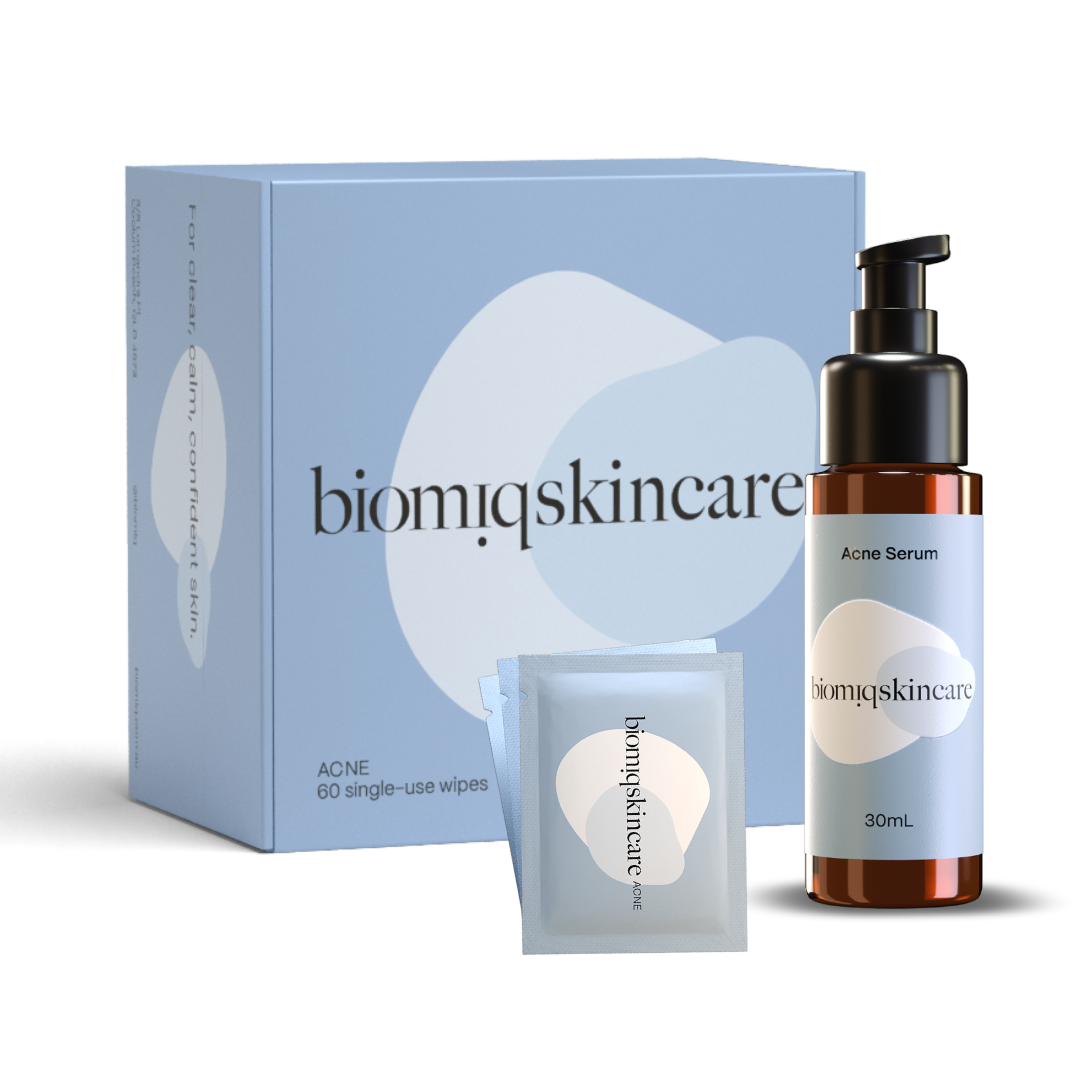
“Choosing products that are 'skin-microbiome friendly' is likely to become one of the most important aspects of skincare in the future.”
Check out our line of microbiome-balancing products that target a leading cause of acne without disrupting the skin's delicate ecosystem.
Using powerful and bioactive skincare, which actively instigates skin cell renewal will clear any accumulated debris under the surface and provide your skin with nourishment. The signature postbiotics in biomiq's formula work hard to rebalance your skins natural microbiome. Not only treating your acne, but paving a future pathway to consistently clearer, healthier skin.
Read our other blogs
-

Skin Purging: the path to radiant renewal?
Read ArticleDuring purging, accumulated debris that was already present deep underneath the skin's surface (and would have eventually surfaced anyway) is brought up to the surface and removed during rapid cellular turnover.
-

Skin Microbiome 101
Read ArticleIn recent years, new technologies have enabled scientists to gain a better understanding of the importance of tiny microscopic organisms to skin health. Just as gut microbes are critical to our digestive health, skin microbes play a pivotal role in keeping our skin healthy and looking good too.
-

What's so special about Lactobacillus Ferment Filtrate?
Read ArticleLactobacillus ferment filtrate is a skincare ingredient derived from the fermentation of Lactobacillus bacteria. It is classified as an active ingredient due to its precise and immediate impacts on the skin's state and function.








